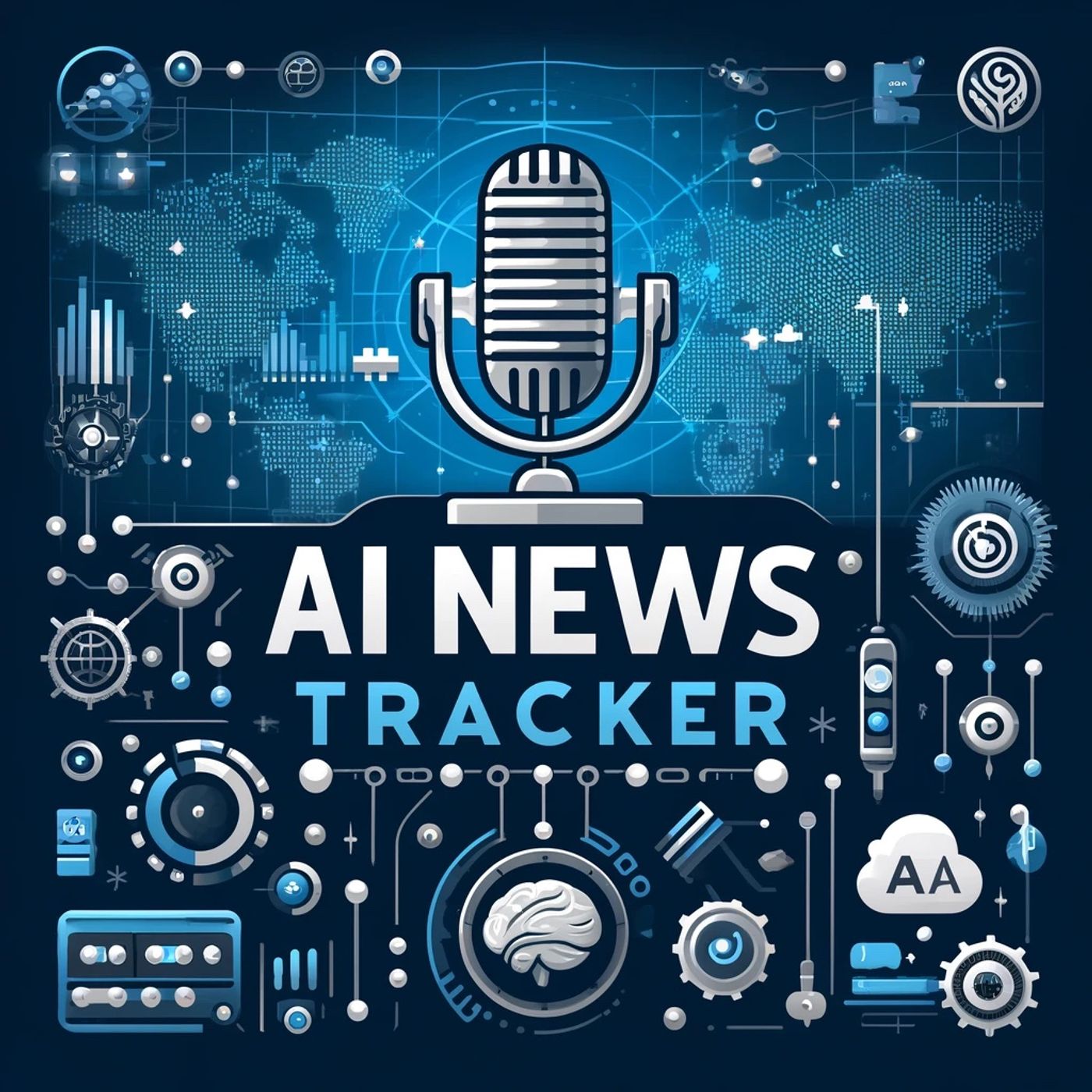Listen "AI Industry Soars: Investments, Partnerships, and Regulatory Shifts Reshape the Landscape"
Episode Synopsis
In the past 48 hours, the AI industry has experienced a wave of high-stakes investments, major partnerships, and urgent regulatory debates signifying both rapid expansion and intensifying scrutiny. OpenAI remains at the epicenter, raising 8.3 billion dollars at a 300 billion dollar valuation, led by Dragoneer Investment Group, with participation from major investors like Blackstone, TPG, and Sequoia. The company is targeting a 40 billion dollar total raise this year as it shifts to a for-profit model, attracting a commitment from SoftBank for up to 40 billion dollars. This injection of capital is seen as essential for OpenAI’s push to scale products and maintain its leadership, with analysts calling it critical to sustaining its ambitious roadmap[1].AI-driven dealmaking has powered 2.6 trillion dollars in global transactions so far in 2025, the highest value for a January to July period since 2021, even though the number of deals has dropped 16 percent year-over-year. Notably, the value is up 28 percent, underlining AI’s role in offsetting trade and tariff uncertainties. Over half of companies now report accelerating AI adoption to mitigate supply chain and operational risks, with 57 percent of product leaders adjusting their offerings due to tariff pressures[2].Product innovation is brisk. Google unveiled Google Earth AI, a platform for geospatial analytics predicting weather, floods, and fire risks, while its DeepMind division introduced a new model architecture designed to surpass Transformers. French startup Mistral rolled out Codestral 25.08, an enterprise coding stack promising improved customization and observability. Model API spending has more than doubled in six months, and open source activity continues to climb, yet enterprise AI spending is increasingly consolidating around a few leading closed-source models[3]. Large enterprises like McDonald’s are expanding AI-driven personalization, operations, and sales forecasting, launching global hubs focused on AI and data governance in India[5].Regulatory and infrastructure challenges are escalating. Globally, there is growing concern over the energy demands of AI, with Google signing new power-saving agreements to ease data center strain on the US grid[6]. Meanwhile, strategic partnerships—such as TCS’s five-year renewal with Weatherford—underscore accelerating adoption in logistics and energy sectors[4].Compared to earlier this year, there is a marked increase in capital concentration, supply chain adaptation, and regulatory engagement, with industry leaders responding through strategic investments, operational transformation, and grid cooperation[1][2][3][6].For great deals today, check out https://amzn.to/44ci4hQThis content was created in partnership and with the help of Artificial Intelligence AI
More episodes of the podcast AI News Tracker
AI Boom Fuels Unprecedented Infrastructure Investments and Regulatory Shifts in the Industry
13/11/2025
The AI Industry's Critical Transition: Landmark Deals, Surging Valuations, and Enterprise Adoption
07/11/2025
Navigating the Shifting AI Landscape: Resilience, Partnerships, and the Pursuit of Practical Gains
06/11/2025
The AI Industry Enters a New Era: Record Deals, Soaring Valuations, and Infrastructure Expansion
04/11/2025
The AI Industry's Shifting Landscape: Mega-Deals, Global Partnerships, and Hardware Innovations
03/11/2025
 ZARZA We are Zarza, the prestigious firm behind major projects in information technology.
ZARZA We are Zarza, the prestigious firm behind major projects in information technology.
